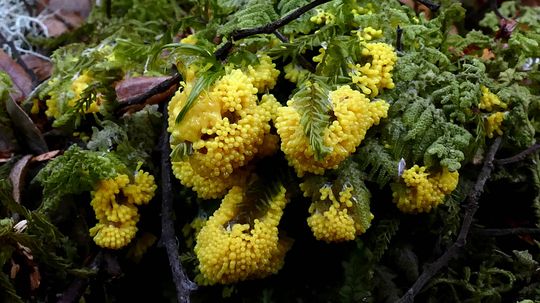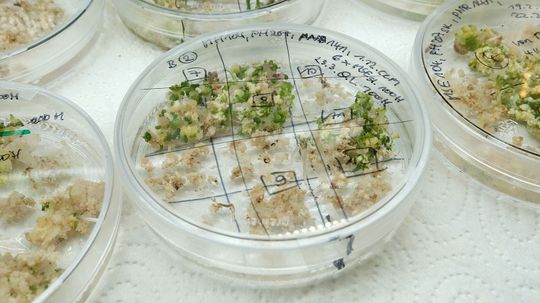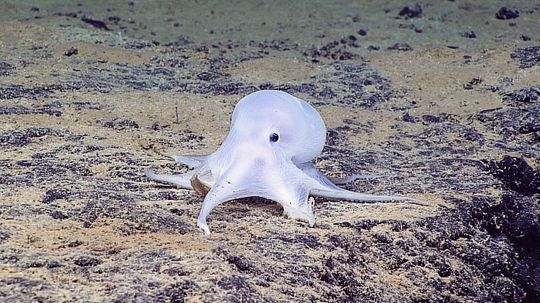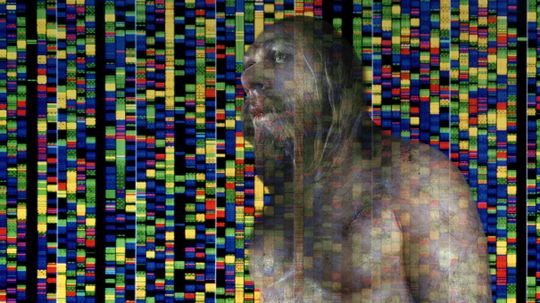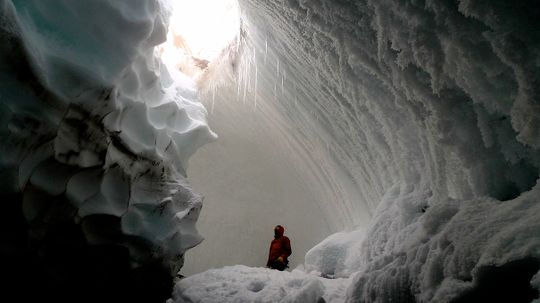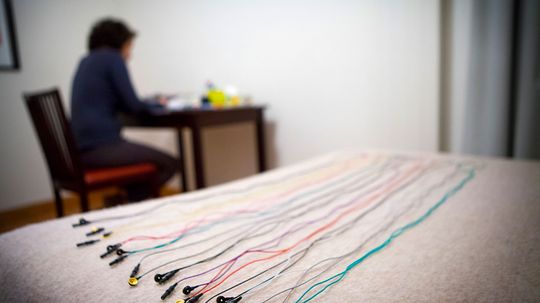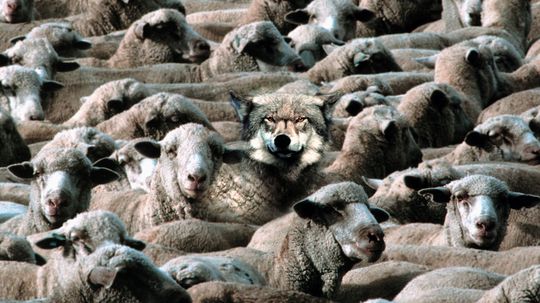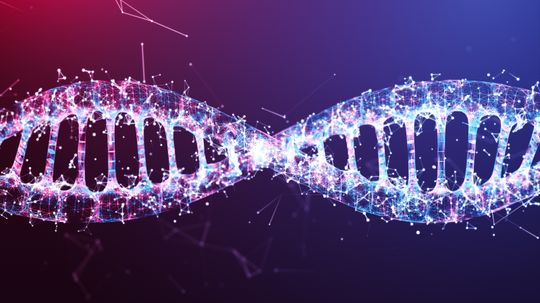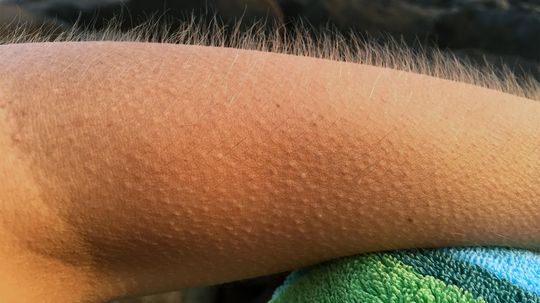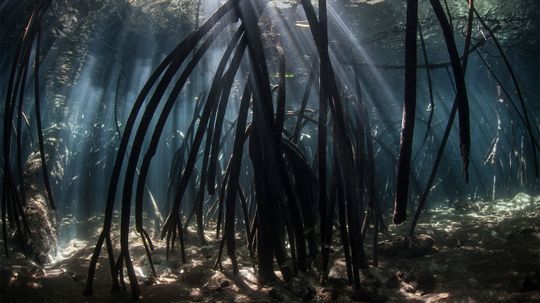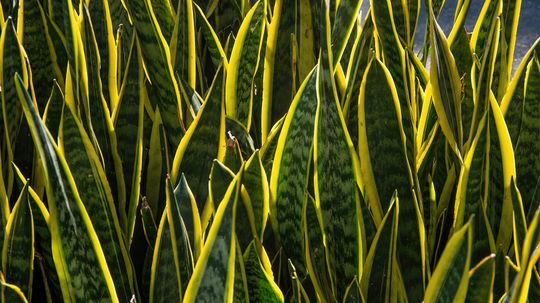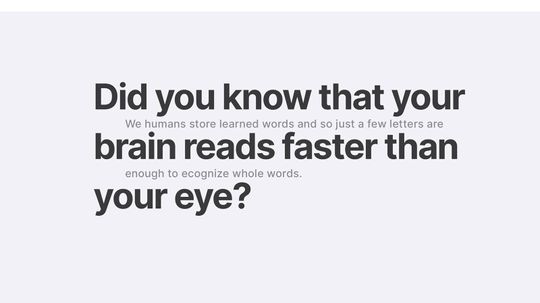Life Science
From the smallest microbe to the largest mammal, Life Science explores the origins, evolution and expansion of life in all its forms. Explore a wide range of topics from biology to genetics and evolution.
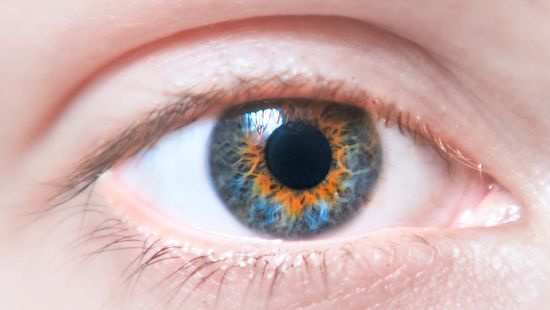
Central Heterochromia: When to Worry About Eye Color
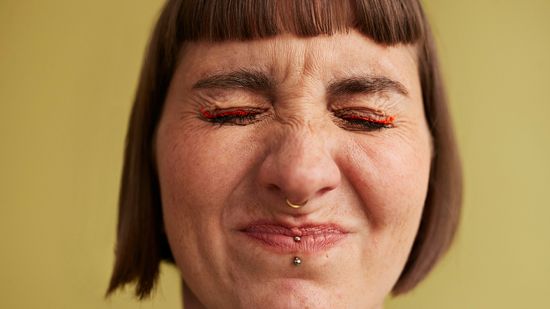
10 Types of Noses to Spot in a Crowd
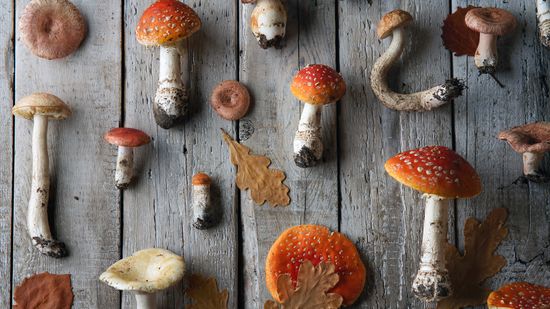
3 Major Types of Mushrooms: Edible, Wild and Poisonous
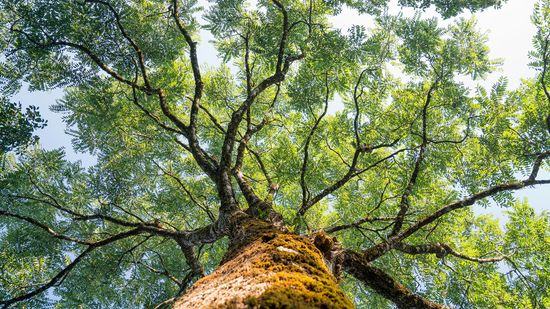
3 Types of Trees You'll Find All Over the Planet
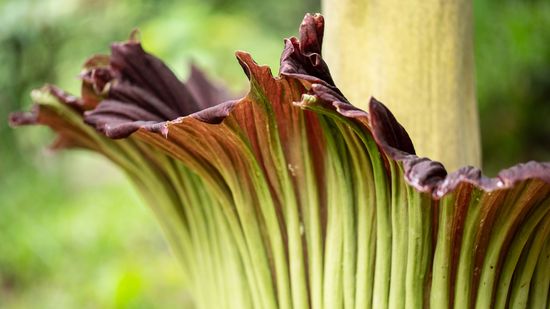
A Corpse Flower Can Grow Over 12 Feet (3.7 Meters) Tall
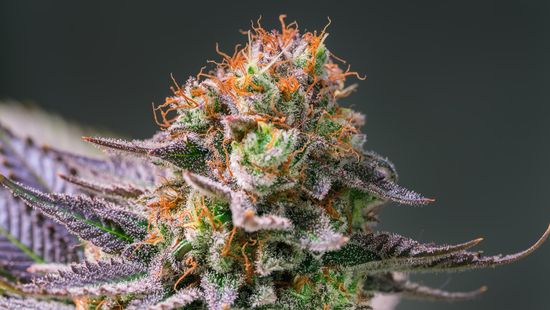
Indica vs. Sativa: How to Distinguish Between Cannabis Plants
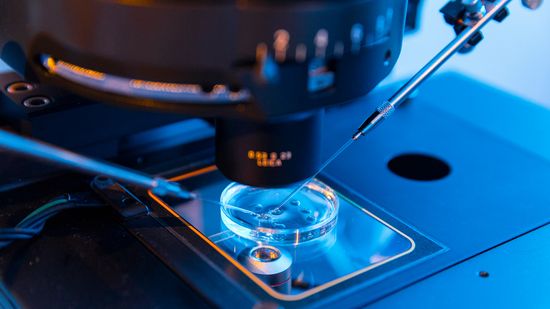
In Vivo vs. In Vitro Trials (and Why Combining Both Is Best)

Hypertonic vs. Hypotonic Solutions: Differences and Uses

Your Phone Is a Germ Factory, So Stop Taking It to the Toilet
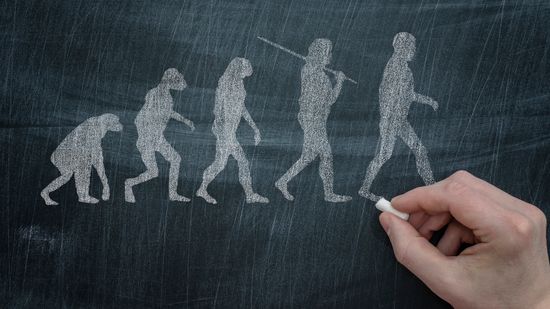
Neanderthal vs. Homo Sapien: Separate Species With Different Fates
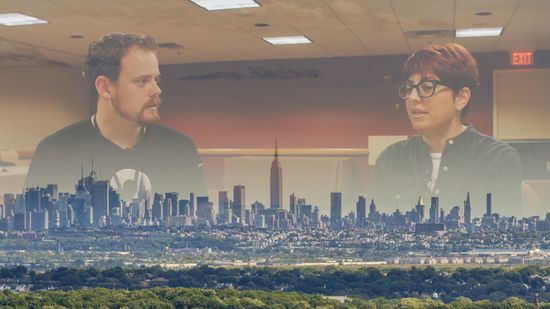
Howstuffworks Interviews: Extinction Level Events with Annalee Newitz
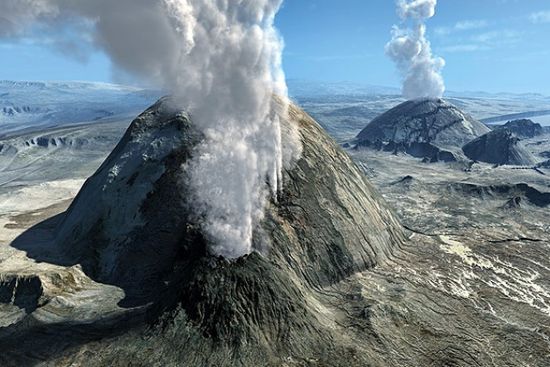
What will the Earth look like in 50,000 years?
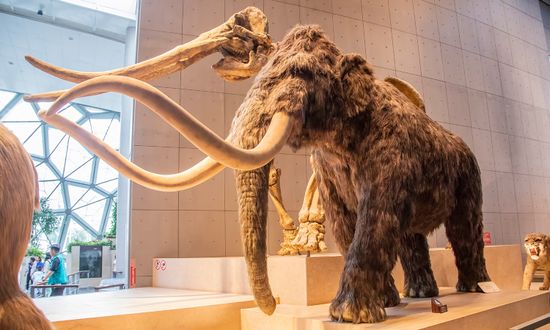
Is a Woolly Mammoth Clone Even Possible?

The Most Common Hair Color Isn't Blonde

What Is the Most Common Eye Color? Over 70% of People Have It
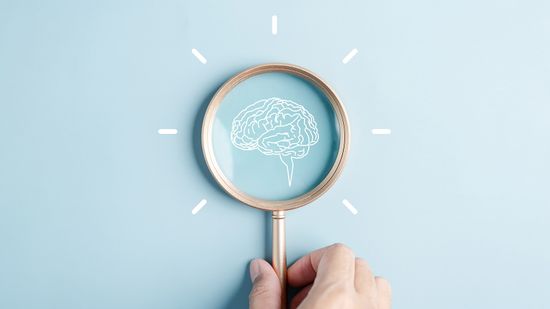
9 Types of Intelligence: The Many Ways to Expand Your Mind
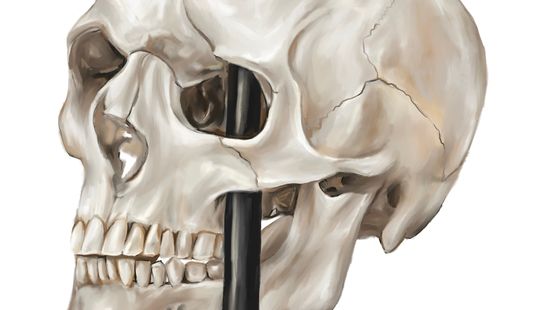
Phineas Gage and the Birth of Modern Neuroscience

Call of the Void: A Counterintuitive Form of Self-preservation
Learn More / Page 12
The question of exactly what is human consciousness and how it came to be in the human mind has raged forever between philosophers, religious scholars and scientists, but does the theory of the bicameral mind explain it?
By Robert Lamb
Mold is a type of fungus, and it's everywhere - indoors, outdoors and even in the air. But is black mold worse than the rest? Is it as deadly as people say?
They might look like piles of goop, but slime molds can think and seemingly make decisions without a brain.
Advertisement
CRISPR is the genius behind innovations that seemed impossible a decade ago. Could you grow tomatoes with the kick of hot sauce or ferment wine that doesn't cause a hangover? That's just two of the things scientists are looking into.
Like pretty well all living things, plants are equipped with natural defense mechanisms that help protect them from all the vicious animals out there that might want to eat them. In addition to stinging spikes and thorns, some plants are filled with deadly toxins that can make us violently ill or even kill us if [...] The post The 12 Deadliest Plants In The World appeared first on Goliath.
By Wes Walcott
What are the chances there are still large, undiscovered animals on the planet? More likely than you might think.
By Diana Brown
Do we have a tendency to walk clockwise around the block? Why do sports favor counterclockwise rotation? Does it have anything to do with handedness or driving habits?
Advertisement
An extensive study looks at personal space in 42 countries, and how weather affects preferences.
The mass of microorganisms swarming inside your favorite elite athlete's body may be a great business opportunity.
By Amanda Onion
At least two commercial DNA testing services offer users information on heritage coming from coupling between ancient humans and other species.
Although left-handed people were thought to be "sinister" or "unnatural" in previous eras, we now know that left-handedness is natural for 10 percent of the population. And it can have some advantages over right-handedness too.
By Alia Hoyt
Advertisement
On the surface, Antarctica may seem like a barren landscape. But underneath, in massive ice caves, life may be abundant.
By Amanda Onion
A series of studies showed that including the word 'sorry' in a rejection actually made the rejected person feel worse.
By Alia Hoyt
We often think that if a drug has been studied by scientists and given a favorable outcome, then it must be safe and proven. But many kinds of biases can creep into a study, rendering it less than effective.
It's already a scary world. Why do we seek to experience more fear?
By Jamie Allen
Advertisement
A new study shows that belief in perceiving patterns correlated strongly with belief in conspiracy theories and the supernatural.
By Alia Hoyt
A groundbreaking study finds light skin pigmentation gene variations originating in Africa, eroding the notion of race as a biological characteristic, and shedding light on cancer and evolution, too.
Genetic mutations are the instrument by which nature adds new variations to life. If the mutations give rise to advantageous traits, they get passed down through successive generations and can spread throughout the entire population of a species. Evolution just wouldn't be possible without mutations springing up now and again to bestow new attributes on [...] The post 8 Super Cool Genetic Mutations Found In Humans appeared first on Goliath.
By Wes Walcott
Think of goosebumps as 'skin orgasms' that are caused by unexpected and pleasant experiences. You know you get them when you're cold, but what is going on in our brains that triggers them?
Advertisement
Mangroves provide a habitat for wildlife such as fish, birds, deer and insects. They also stabilize shorelines, protect against storm surges and improve water quality. What's not to love?
Snake plants are attractive and virtually ironclad houseplants, almost impossible to kill, though some of the hype about them acting as air purifying filters has been overblown.
The Bionic Reading app has exploded in popularity. But can it really make you a speed reader?
We often throw around the word "insanity" for acts that seem to have no rational explanation (like a teacher giving an insanely difficult test). Legally speaking, though, it's actually a narrow term that's very difficult to prove in court.
By Chris Opfer
Advertisement
There are many myths and stigmas associated with leprosy, almost all completely incorrect. It's not a very contagious disease, and it's easily treatable. What else is wrong in the common beliefs about Hansen's disease?
Are trees and shrubs as cute as pandas? As awe-inspiring as whales? Maybe not, but many are in danger of going the way of the dodo - just like countless leafy greens before them. Learn about some amazing plants we lost to history.


